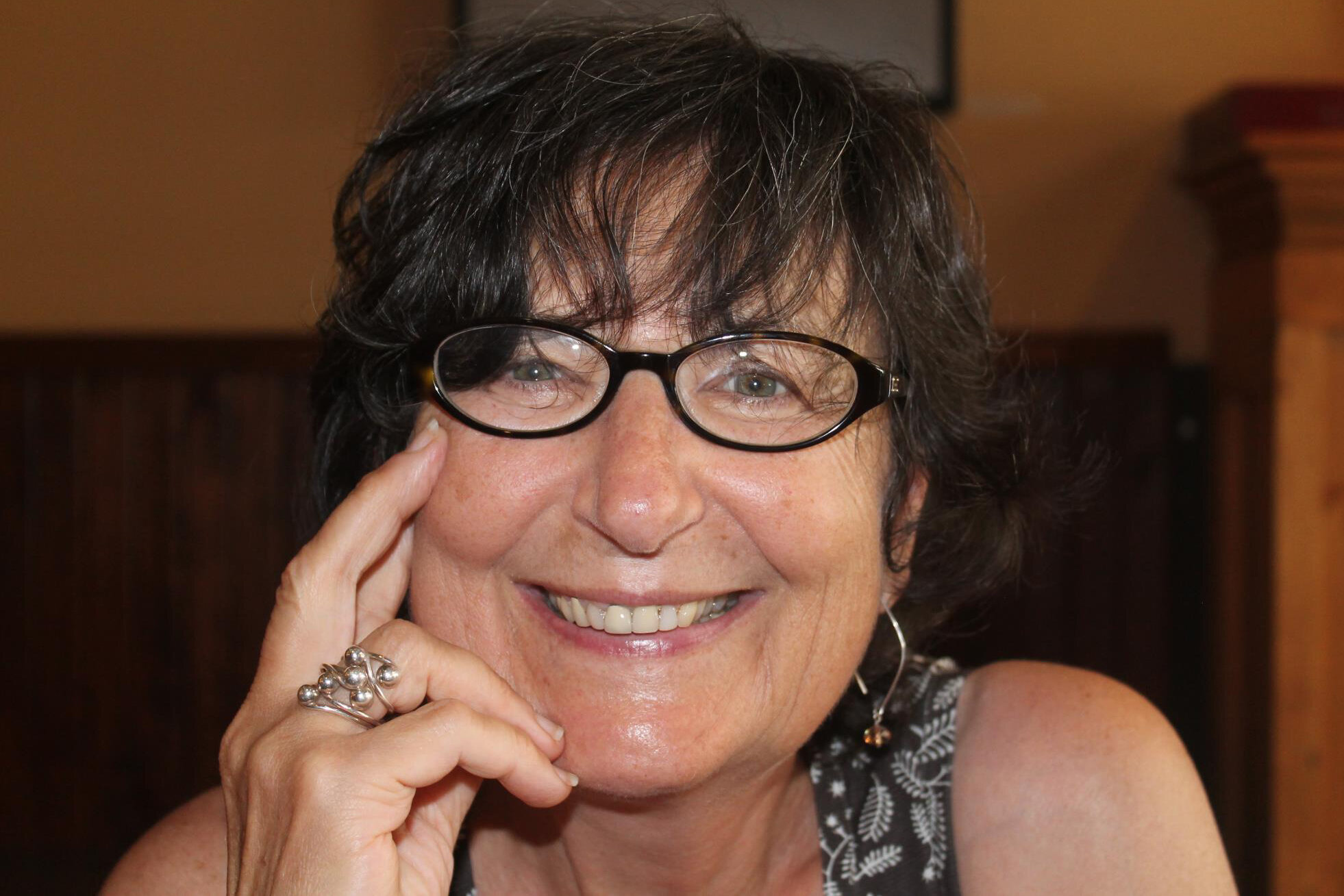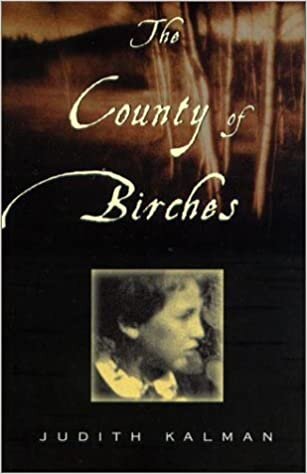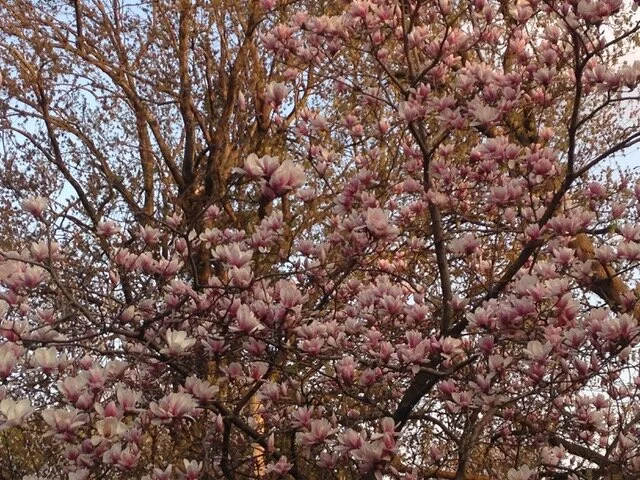Judith Kalman: The County of Birches (Writers In Their Garden)
Gardening, like writing is a way of dealing with the past.
To get to Judith Kalman's raspberry patch, you enter through the garden gate, which is framed by climbing roses and scented phlox and set amid twining vines of trumpet and clematis. Then you travel down, down, through steep flights of deeply terraced beds - down past the towering tiger lilies with petals curled into orange pinwheels; down past Rose of Sharon, and allium, a dried and faded orb; down again - we're not there yet! - through potentilla, pincushion and purple cone-flower. We arrive, finally, at the garden floor, where raspberry bushes sprawl against the fence.
''Have one,'' says Kalman, plucking me a plump fruit. She picks another and pops it into her mouth: ''They taste much better unwashed.''
There is something girlish, even impish, about Kalman, something well suited to her sylvan surroundings. Likewise, the garden's beauty appears informal and untamed. The hand of its creator is invisible.
''Everything in this garden is meant to grow in this part of the world,'' says Kalman, as if she has hardly a thing to do with it; as if she has not devoted years to digging, clearing and planting each terrace; as if the work shed and the rusty poles camouflaged by flora could so neatly have hidden themselves.
Kalman's attachment to her garden is apparent, yet any attempt to fix her here meets with resistance: ''This is not my permanent garden,'' she says. ''I will never have a permanent garden. This is not a garden for evermore. I don't have an evermore here.''
In her mind, beautiful gardens can't last forever; she is always prepared for the inevitable fall. Her views are a natural consequence of an unsettling history, explored in her award-winning collection of semi-autobiographical stories, The County of Birches. Kalman is the daughter of Hungarian Jews who lived happy, prosperous lives in the early decades of the 20th century. Her mother's family owned a vineyard; her father's inhabited a vast agronomical concern. In The County of Birches, young Dana, Kalman's alter ego, is preoccupied with her father's description of life on his estate:
''The surrounding countryside was poor and sandy ... but the Rakoczi Tanya bloomed like an oasis in the desert. In a manner of speaking, we came to life, between the Tigris and Euphrates rivers. We lived on the Lord's riches and with his blessings. Like the first man and woman in their Garden of Joy. And after a time we multiplied.''
Kalman's parents met and married after the war, in which they had lost everything - and virtually everyone - in the Holocaust. Kalman and her older sister, writer Elaine Kalman Naves, were born in Hungary. The family moved to London when Kalman was 3 1/2, then to Montreal a few years later.
''My whole sense of my childhood was very much that our lives were like very tender shoots, young and vulnerable. There was always that sense of dislocation. That sense of being different and vulnerable to the winds of change.”
''My father would say, repeatedly, 'You can't count on anything being stable. Everything can be taken away. All you've got is your people and who you are. You have to hold on to that.' ''
Kalman's father kept his family's history alive through the stories he shared with his daughters. These shimmering tales, full of sorrow and wisdom, humour and love, form the foundation of Kalman's book.
''Ever since I was a little kid,'' she says, ''I had assumed that I could write. And I had assumed that I could write because I was supposed to remake my (deceased) relatives' lives.''
Kalman attended CeGEP in Montreal and earned her master's in creative writing at the University of Windsor, studying under Joyce Carol Oates. She had planned to begin writing immediately after finishing school - but life intruded. She married longtime sweetheart Murray Lamb. There was work and children, and then her husband's deteriorating health. (He died last year after a long illness).
When Kalman turned 40, she realized in a kind of mid-life moment, that she needed to return to her writing: ''I knew I would need something to sustain me apart from my husband and my kids,'' she says. '' I couldn't put off my writing any longer. I really couldn't.''
Her renewed commitment to her craft coincided with a burgeoning interest in the garden. ''When I had my first house in West Toronto, I felt there was no point to beginning a garden. I knew we would be moving soon,'' she says. ''But then I realized that I could wait forever to start a pretty garden - or anything else I wanted to do. I thought, 'I will be in this house for another year or two and, as long as I'm here, I will try to get something out of the garden.' ''
She moved to East Toronto a few years later. In the new house, her garden developed side by side with the stories in The County of Birches. ''I don't know whether I would have gardened if I hadn't begun writing again,'' she says. ''And I don't know whether I would have begun writing again if I hadn't started gardening.''
All the same, it is not the garden in her yard but the garden in her head - the Hungarian Paradise - that constitutes Kalman's true home: ''My father is buried in a cemetery north of Montreal,'' she says.'' It's a cemetery that has nothing to do with our community. And I realize now it didn't really matter to my father where he was buried because he didn't have a place he truly belonged - and no more have I,'' she adds.
An earlier version of this story appeared in the Montreal Gazette.








